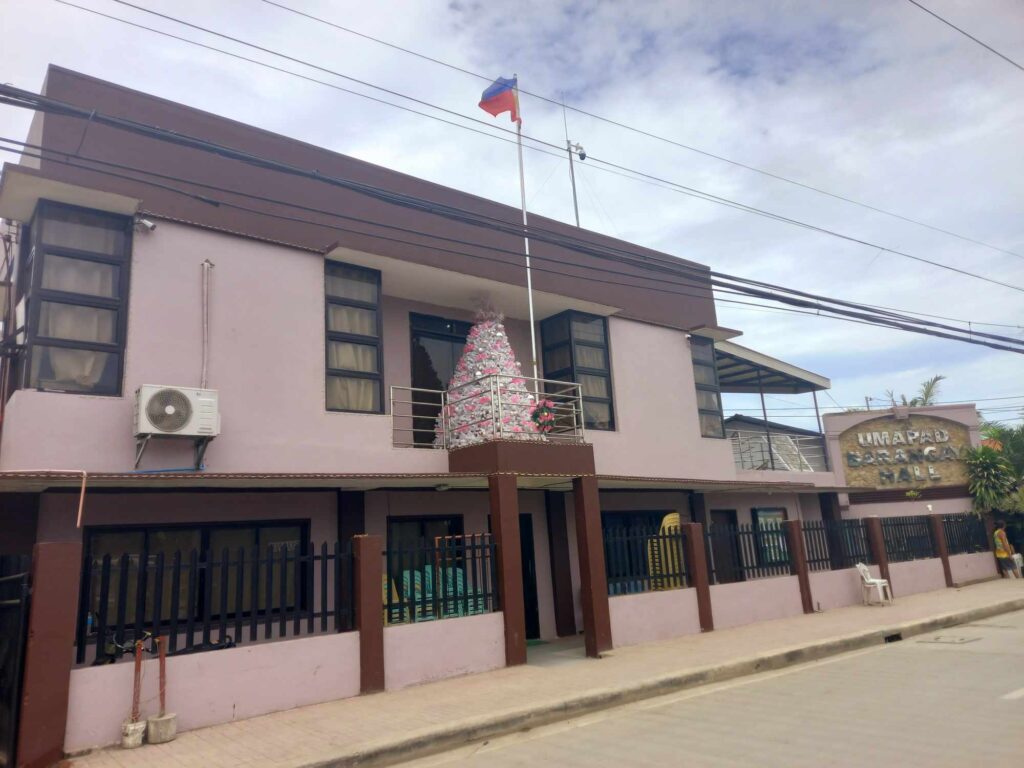
Dutch Prime Minister Dick Schoof expressed his to the people of Suriname following the death of Desi Bouterse, the controversial former president and military leader of the South American nation. However, Schoof withheld any direct message of sympathy for Bouterse himself, citing the former leader's responsibility for atrocities during his time in power, including the December Murders of 1982. "My thoughts are with all Surinamers, particularly the relatives of the victims of the December Murders," Schoof said.
"Bouterse’s memory will always be shaped by his role in those horrific events." Schoof also supported Surinamese President Chan Santokhi's call for calm, urging “rest and dignity” in the aftermath of Bouterse’s death. The circumstances surrounding Bouterse’s death remain under investigation in Suriname.

According to the Surinamese police, unknown individuals transported his body to his home in Leonsberg from an undisclosed location. A resident of the house informed police of the body’s arrival during an early-morning visit. Authorities were first alerted to Bouterse's death shortly after 5 a.
m. local time on Wednesday. A doctor summoned by the police found no signs of foul play during an initial examination.
However, the body was seized following consultation with the Public Prosecutor’s Office to determine the exact cause of death. Bouterse, who to 20 years in prison last year for orchestrating the December Murders, never served his sentence, having evaded justice by fleeing. The killings, which took place at Fort Zeelandia, resulted in the deaths of 15 political opponents of Bouterse's military regime.
"His death has left many emotions in Suriname and here in the Netherlands, especially among the victims' families," Schoof said on social media. Reactions to Bouterse’s death highlight the deep divisions in how he is remembered. VHP Nederland, the Dutch branch of the Surinamese governing party, issued a statement acknowledging the polarizing nature of Bouterse's legacy.
"Desi Bouterse is remembered by many as a controversial figure due to his role in historical events that left deep scars," the organization stated. "For some, his leadership is associated with injustice and pain, particularly related to the December Murders and the military dictatorship." The group called for "respect and dignity" during this period of mourning and urged Surinamese society to reflect on the country’s tumultuous past.
"Only through openness and understanding can Suriname turn the pain of the past into a united and sustainable future," the statement added. Bouterse, who also faced drug trafficking charges, was convicted in absentia by a Dutch court in 1999 for involvement in a cocaine smuggling operation. The strained relations between the Netherlands and Bouterse's administration persisted for decades, with the former leader frequently criticizing the Netherlands as Suriname's former colonizer.
Prominent figures in the Netherlands with ties to Suriname expressed mixed feelings about Bouterse's death. Attorney Gerard Spong, who was involved in investigations into the December Murders, described the news as "ambivalent." "Bouterse was a man with a lot of blood on his hands," Spong told ANP.
"It’s deeply frustrating that he avoided earthly justice by remaining a fugitive. He held Suriname hostage for 40 years and caused enormous suffering. I do not mourn his death.
" Spong, who lost friends and colleagues in the 1982 killings, called Bouterse’s death "a bitter end to a painful chapter." Journalist Noraly Beyer, who produced a documentary on the December Murders two years ago, also shared her conflicted emotions. "There was justice from the courts, and now there is justice from a higher power," she said.
"It’s a relief that the man who caused so much harm is gone. But it’s also unsatisfying because he never served his sentence." Beyer noted the importance of answering lingering questions about Bouterse’s final days.
"Where was he hiding? How did he die? These answers are important for the victims and their families," she said. Bouterse’s death also prompted calls for societal healing. VHP Nederland emphasized the need for Suriname to focus on reconciliation and justice.
"We must continue advocating for democracy, transparency, and human rights in Suriname," the group said. The Surinamese police have urged the public to refrain from speculation and to await the results of the ongoing investigation. "We ask for patience and calm as we work to clarify the circumstances surrounding Mr.
Bouterse's passing," the statement read..










